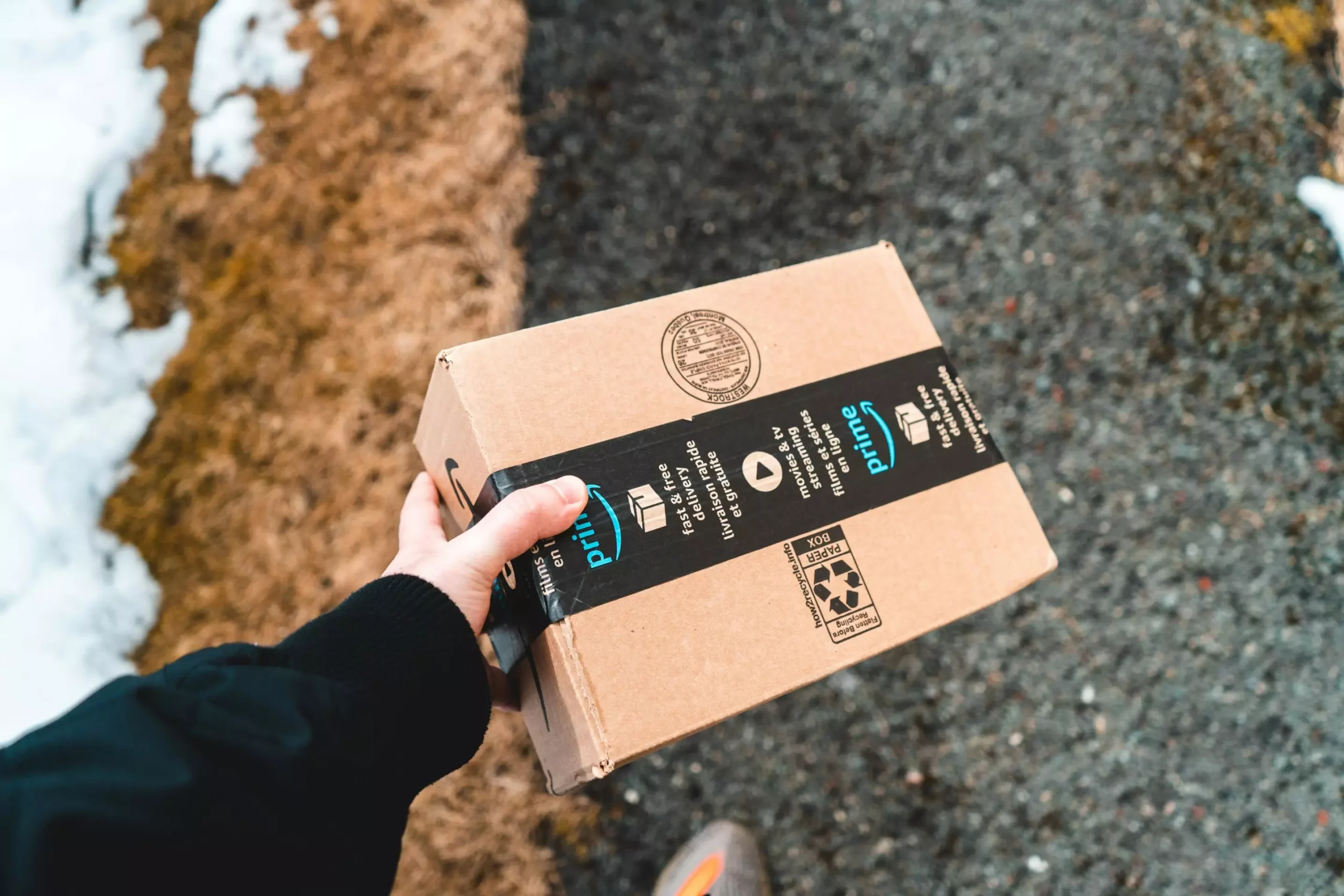The recent ruling by the National Labor Relations Board (NLRB) has shaken up the relationship between Amazon and its delivery workers in a significant way. By affirming that the delivery workers are considered employees of the e-commerce giant, the NLRB has challenged Amazon’s claim that it bears no legal responsibility for the subcontractor’s staff. This decision has far-reaching implications for the future of labor relations within Amazon’s delivery network and beyond.
The NLRB’s finding that Amazon unlawfully refused to recognize the delivery workers’ decision to unionize and failed to negotiate with the union over workplace issues is a significant blow to the company’s reputation. The report also highlighted instances where Amazon had threatened employees, required workers to attend meetings meant to disparage union activity, and failed to provide information requested by the union. These actions paint a troubling picture of Amazon’s disregard for its workers’ rights and well-being.
The decision by the NLRB marks a major victory for the Teamsters union, which has been advocating for the rights of Amazon delivery drivers. By challenging Amazon’s longstanding position that it does not control its subcontracted drivers, the union has paved the way for delivery drivers across the country to unionize and demand better working conditions. This ruling has empowered Amazon drivers to take control of their future and assert their right to fair treatment in the workplace.
Amazon’s response to the NLRB decision has been defensive, with spokesperson Eileen Hards dismissing most of the Teamsters’ claims as without merit. However, the NLRB’s findings cannot be ignored, and if Amazon and the Teamsters do not reach a settlement, the labor agency could issue a formal complaint based on its investigation. This could lead to further legal proceedings and potential remedies being imposed on the company by an administrative law judge.
In the wake of the NLRB ruling, Amazon delivery workers have shown solidarity and determination to hold the company accountable for its actions. Protests have been held at Amazon facilities across the country, with drivers demanding fair wages and safe working conditions. The unity among Amazon workers, as exemplified by driver Jessie Moreno’s statement, signals a shift in the power dynamics between labor and management within the company.
The NLRB decision regarding Amazon’s delivery workers has sparked a new chapter in the ongoing struggle for fair labor practices within the e-commerce industry. By affirming the employees’ status and holding Amazon accountable for its treatment of subcontracted workers, the ruling has set a precedent for greater worker empowerment and collective action. Amazon will need to reckon with the implications of this decision and engage in meaningful dialogue with its workers to address their concerns and ensure a more equitable workplace for all.


Leave a Reply